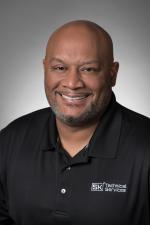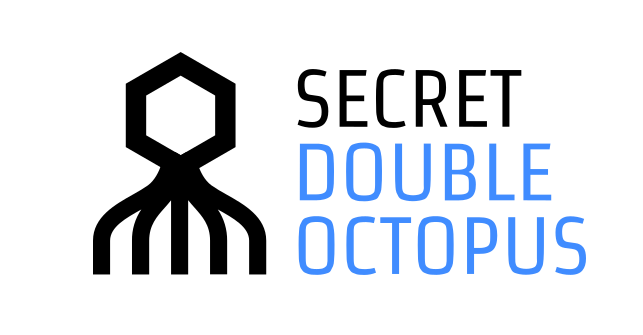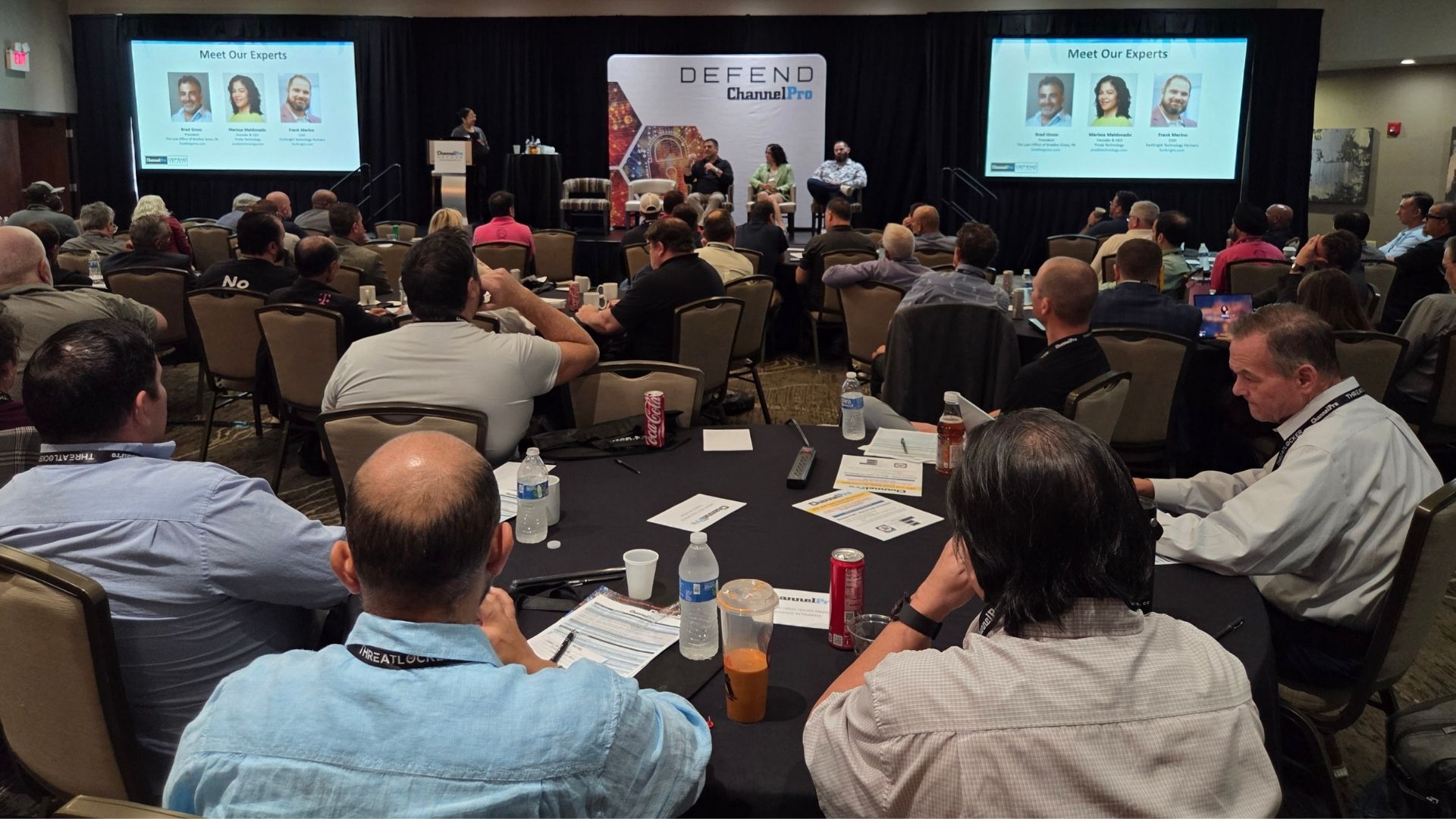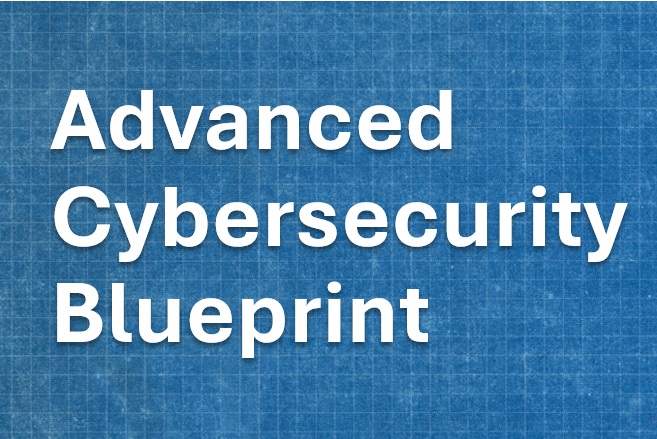HIRING PEOPLE who reflect the community at large is essential to building a diverse organization. It’s also just a start. Retaining a diverse workforce requires companies to foster an equitable, inclusive environment that openly promotes everyone’s needs, and provides mentoring, coaching, and other forms of ongoing support.
Indeed, failure to nurture an inclusive workplace culture is the biggest reason organizations struggle to realize their diverse employment ambitions, according to Patricia Pope, CEO and chief creative officer at Pope Consulting, an advisory firm headquartered in Cincinnati that helps organizations create inclusive cultures.
“”Affirmative action became a thing over 50 years ago, and most organizations that we talk with today will say they’re still trying to get the numbers right, and they’re really struggling to get representation at the top,”” she says. “”What that really speaks to is the revolving door, which says it’s the culture [that’s to blame].””
Pope encourages companies to develop an internal network of “”change agents”” who promote inclusion throughout the daily course of business. When a co-worker is exhibiting inappropriate behavior, being called out by a change agent––a peer, rather than a superior––can send a powerful message. To fulfill this role, Pope says, change agents require advanced training that covers in-depth self-awareness, team-building, and skill development, with a focus on improving working relationships. In her model, change agents apply what they’ve learned for a period of 18 months, and “”what they learn and practice for 18 months becomes a way of life.””
One of the ways in which Corey Kirkendoll cultivates inclusion is by having all new recruits conduct a DiSC assessment, a professional development exercise developed by educational materials publisher Wiley that’s designed to examine people’s behavioral traits.
“”I want everybody to understand how each person communicates, and how they need to be communicated to,”” explains the president and CEO of 5K Technical Services, a managed IT services and support firm based in Plano, Texas. He adds that all team members have copies of each other’s assessments for this same purpose. For example, some individuals function best when they receive concise messaging, whereas others need more time to process out loud. Being aware of these nuances, he says, helps everyone interact more effectively.
Kirkendoll further promotes inclusion by ensuring that any initiative at 5K––such as onboarding a new software offering––is assessed by all team members. If he thinks the software is great but the majority of his employees don’t, it isn’t incorporated into the portfolio. Job candidates are interviewed by everyone on an individual basis, and the entire team makes the final hiring decision. “”I want everyone to have a say in who we bring onto this team,”” he explains, adding that this minimizes the risk of recruiting someone who doesn’t fit into the company’s culture.
Programs and Training
To reinforce the important role of diversity and inclusion in that culture, 5K also hosts regular instructional sessions on those topics. “”We spend a lot of time training people on what that really looks like, and what it means, down to things like micro-inequities––the way we greet one another, the way we talk about one another,”” Kirkendoll explains. Promoting conversations about religion, race, and culture, he adds, can help eliminate stereotypes. “”We try to help remove as many assumptions as we possibly can.””
Ulysses Smith, head of diversity, inclusion, and belonging at Blend, a fintech startup headquartered in San Francisco, favors folding diversity training into leadership development, rather than mandating standalone sessions, which can lead to resentment. Yet one-off sessions on narrowly defined topics, he believes, can be effective; Blend, for instance is in the process of launching several topic-specific workshops aimed at driving trans and gender nonconforming inclusion.
“”[It] can play a huge role in giving people insight into specific populations and help them to hone their interpersonal skills around engaging with different populations,”” says Smith, who urges companies to measure the success of workshops and training sessions by assessing if change occurred afterward. If, for example, an organization is struggling with unconscious bias that has led to training on the issue, have people actually modified their behavior based on the education they received? And if they haven’t, why not?
Employee resource groups (or affinity groups) can also help with sustaining inclusion. These generally consist of employees who share similar experiences and should function as advocacy groups for members, by offering career development support, for example.
To be effective, Smith stresses, resource groups must have concrete goals and clear success measures. Blend, for example, bases its decisions on whether or not to establish a resource group on demonstrated recruiting or retention opportunities for the company. Groups must set annual goals that tie into three core pillars––in Blend’s case, talent, experience, and impact––that are assessed regularly.
Mentorship and coaching programs can stimulate inclusion as well, Smith adds. Before launching such initiatives though, he continues, organizations need to ask themselves a few critical questions: “”What is the purpose of X program that I’m putting into place? Why do I want a coaching program? What are we looking to solve for, in this case? Are we seeing gaps in promotion or retention for particular groups?””
As with resource groups, mentorship and coaching programs must be tied to specific desired outcomes that are constantly assessed and benchmarked, Smith notes.
For Kirkendoll, the most important element in creating and sustaining inclusion is the willingness to talk about it. “”Let’s have the conversations, and be out there, and be made aware,”” he says. “”Because once that happens, then we’re no longer ignorant to it. But if I choose to ignore it like it didn’t exist, then that’s shame on me.””
Resources
Pope Consulting – Provides consulting, training, assessments, and tailored coaching for organizations around diversity, equity, and inclusion.
Greater Good Magazine – Article on “”What Makes a Workplace Diversity Program Successful?“”
Great Place to Work – Article on “”What Are Employee Resource Groups (ERGs)?“”















